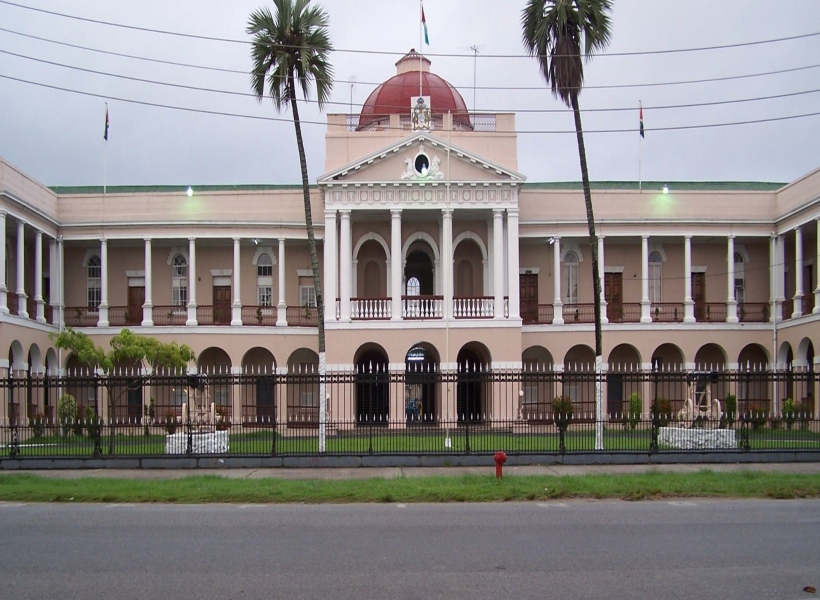The Local Government Commission (LGC) has now moved to the Court of Appeal where it asking for a judgment that it acted unlawful in the dismissal of Town Clerk of the Mayor and City Council (M&CC) of Georgetown, Royston King, to be quashed. The Judgement was handed down on September 13, 2019, by High Court Judge Simone Morris-Ramlall.
Following a Commission of Inquiry (CoI) held from September 24 to November 30, 2018, headed by retired Judge Cecil Kennard, King was cited for gross misconduct, abuse of office, recklessness, dishonesty, conspiracy, and misappropriation of funds. Among the recommendations made by the CoI was for him to be dismissed. King was sent on administrative leave and subsequently had his services terminated.
Apart from ruling that the LGC acted unlawfully in dismissing King, Justice Morris-Ramlall also ruled that the decision by the LGC to dismiss King, based on the findings of a CoI, was also unlawful, as it had no legal authority to delegate its investigatory powers to a CoI which is not part of the LGC or local government body.
In this regard, the Judge held that the setting up, investigations and findings of the CoI were also unlawful. In a Notice of Appeal (NOA) filed by the LGC, it said that it is dissatisfied with the whole of the decision made by Justice Morris-Ramlall. The LGC had proffered five grounds of appeal. It is contending that the judge committed errors of law when she found that the LGC did not have the authority to delegate its powers to a CoI.
The LGC is also contending that the judge erred in law and fact in finding that it had delegated its authority to the CoI to enquire into allegations against King. According to the LGC, “The learned trial judge erred in law and fact by ignoring the evidence of the Local Government Commission had given King an opportunity to be heard before making a determination in his matter.”
Further, the LGC is arguing that the judge failed to consider or give adequate consideration to the fact that even at the stage of the application for judicial review, King could not explain the allegations of misconduct made against him by the Commission. The LGC, in concluding, also argues, “The learned trial judge erred in law and fact in having found errors of procedure in the hearing of the Local Government Commission in exercising her discretion in granting the reliefs sought by the applicant (King).”
The Court of Appeal is yet to set a date for hearing this matter. Moments after Justice Morris-Ramlall delivered her judgment, King’s lawyers Maxwell Edwards and Patrice Henry explained that although the judge refused to grant an order reinstating King to the post, the ruling means that he remains Town Clerk with the status quo being of September 21, 2018, when he was ordered to proceed on administrative leave. His lawyers said that King is still entitled to all the benefits that come with the post.
According to the lawyers, King is entitled to all his superannuation benefits, inclusive of pension, gratuity, payments in lieu of annual leave up until he attains the statutory age of retirement on January 20, 2020. The Judge also awarded costs to King in the sum of $200,000.
In documents filed at the High Court, King said that he began working at the M&CC at the age of 24, and was appointed Town Clerk on July 14, 2015. He said, “…While working in this capacity, many challenges would have confronted the Council and those which are relevant to my appointment. I would devise all legal and lawful methods to discharge my functions earnestly, conscientiously and sincerely in the best interest of the Mayor and City Council of Georgetown.”
Among other things, he had argued that the allegations of misconduct levelled against him were criminal, but unlike the universally unaccepted principle of equality, transparency, and equity, the LGC acted as judge, jury and executioner in its own cause, as opposed to calling in the police and obtaining advice from the Director of Public Prosecutions, since state assets and monies were allegedly involved.













